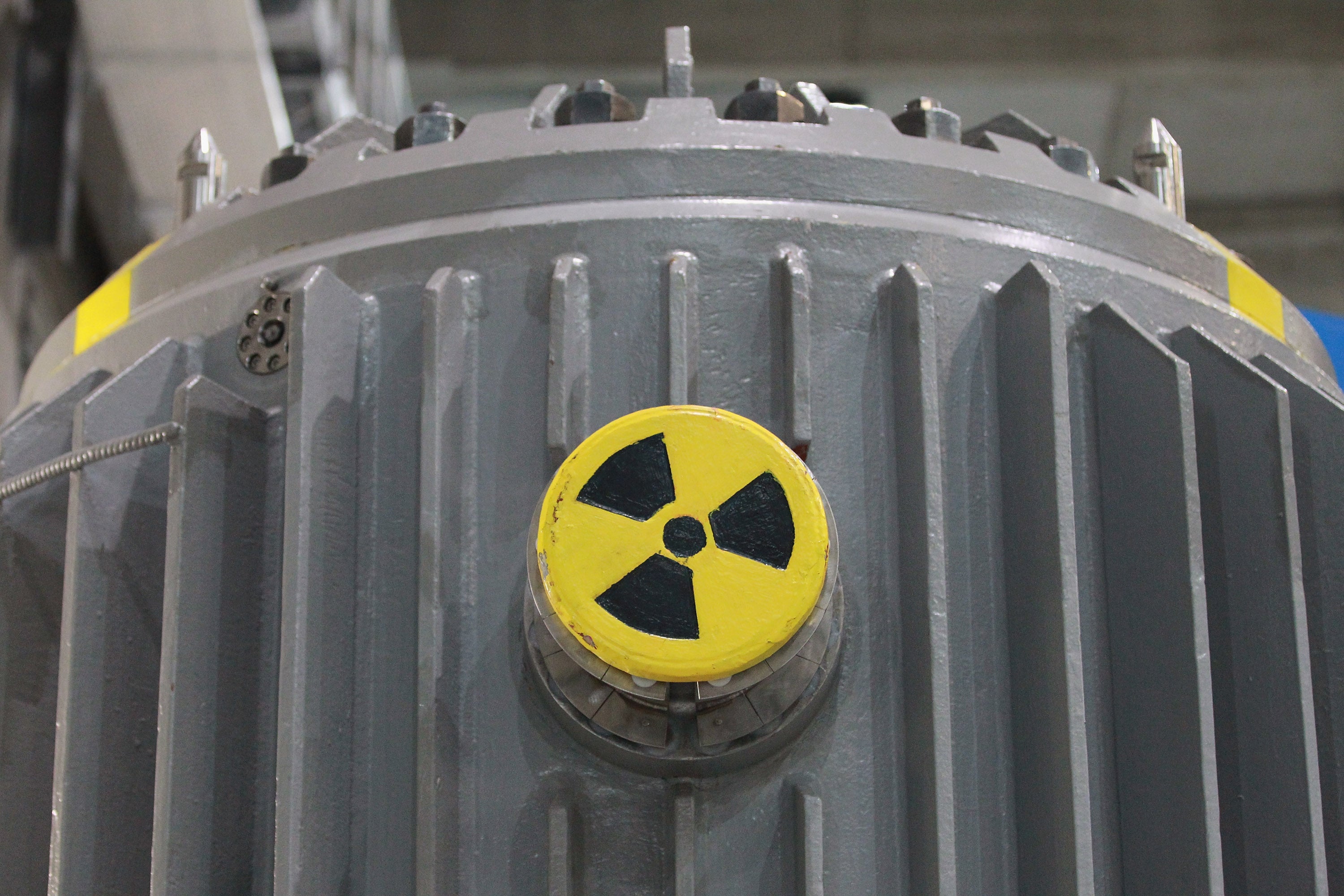Coldwater Creek, St Louis: The area of Missouri under investigation after 'unusual’ numbers of rare cancers found
The area reportedly became contaminated by waste stored there following America’s WWII nuclear weapons programme

Your support helps us to tell the story
From reproductive rights to climate change to Big Tech, The Independent is on the ground when the story is developing. Whether it's investigating the financials of Elon Musk's pro-Trump PAC or producing our latest documentary, 'The A Word', which shines a light on the American women fighting for reproductive rights, we know how important it is to parse out the facts from the messaging.
At such a critical moment in US history, we need reporters on the ground. Your donation allows us to keep sending journalists to speak to both sides of the story.
The Independent is trusted by Americans across the entire political spectrum. And unlike many other quality news outlets, we choose not to lock Americans out of our reporting and analysis with paywalls. We believe quality journalism should be available to everyone, paid for by those who can afford it.
Your support makes all the difference.An area in Missouri is being investigated after an “unusual” number of rare cancers were recorded in a small suburb of St Louis.
The Centres for Disease Control and Prevention is investigating an area surrounding Coldwater Creek, in North County, part of an area where 2,700 cases of the rare illnesses have been recorded.
County health director Dr Faisal Kahn told CBS News: “The rates of appendix cancer, which is relatively rare – we see about 800 cases a year – to find seven or eight cases in one zip code or one small geographic area is rather unusual.”
The unusual rates of cancer are believed to have been caused by the decades-long storage of nuclear waste at sites close by the creek, which had contaminated the soil.
According to news.com.au, the waste was a product of the St Louis Mallinckrodt Company, which had been employed by the US Government to process uranium as part of America’s nuclear weapons program during the Second World War.
The company reportedly stored 250,000 barrels of radioactive waste material on the sites, where they were exposed to the elements.
Janelle Wright, who went to school in the area, said it wasn’t until old classmates began to reconnect on Facebook that she noticed the high numbers of illnesses people were suffering from.
“Within a six-house radius, I knew four people with brain cancer, one a child, one a professor,” she told CBS News, “And I just thought, ‘this is really odd’.”
Together with a group of neighbours from the area - all of whom had either suffered from cancer themselves or their parent or child had - Wright created a map showing 2,700 cases of cancers, brain tumours, thyroid tumours and auto-immune illnesses.
Former resident Kim Visintine told news.com.au that the area underwent a boom period in the 1950s and 1960s, at which point the creek was dredged and re-vamped to make it more aesthetic. This moved the contaminated soil to other areas.
“The analogy we always use it like spreading icing on a birthday cake,” she said. “They spread the contamination across the entire region” without knowing, she added.
“Here we are in 2015 and we’re the victims of World War II. We don’t want to be forgotten, we don’t want to be orphaned.”
The Mallinckrodt company told CBS News in a statement: "The company worked under the direction of the U.S. government and at no time did Mallinckrodt own any uranium or its byproducts."
Join our commenting forum
Join thought-provoking conversations, follow other Independent readers and see their replies
Comments